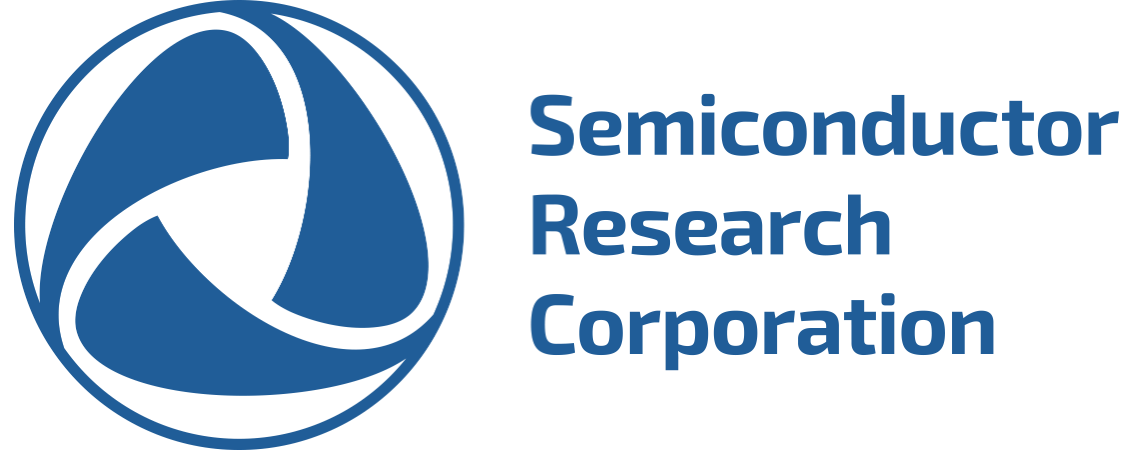Predictive coding for unsupervised feature learning
Abstract: While great strides have been made in using deep learning algorithms to solve supervised learning tasks, the problem of unsupervised learning — leveraging unlabeled examples to learn about the structure of a domain - remains a difficult unsolved challenge. In my talk, I’ll explore prediction of future frames in a video sequence as an unsupervised learning rule for learning about the structure of the visual world. We describe a predictive neural network ("PredNet") architecture that is inspired by the concept of "predictive coding" from the neuroscience literature. These networks learn to predict future frames in a video sequence, with each layer in the network making local predictions and only forwarding deviations from those predictions to subsequent network layers. We show that these networks are able to robustly learn to predict the movement of synthetic (rendered) objects, and that in doing so, the networks learn internal representations that are useful for decoding latent object parameters (e.g. pose) that support object recognition with fewer training views. We also show that these networks can scale to complex natural image streams (car-mounted camera videos), capturing key aspects of both egocentric movement and the movement of objects in the visual scene, and generalizing across video datasets. These results suggest that prediction represents a powerful framework for unsupervised learning, allowing for implicit learning of object and scene structure.


